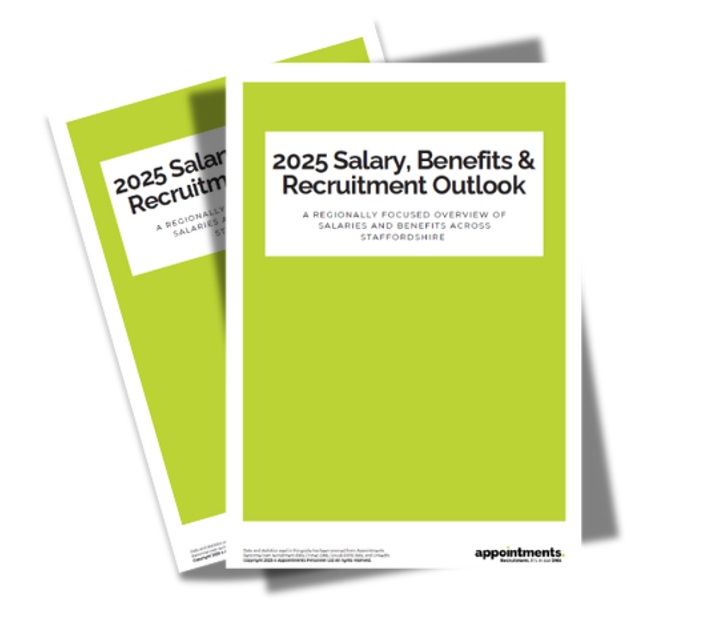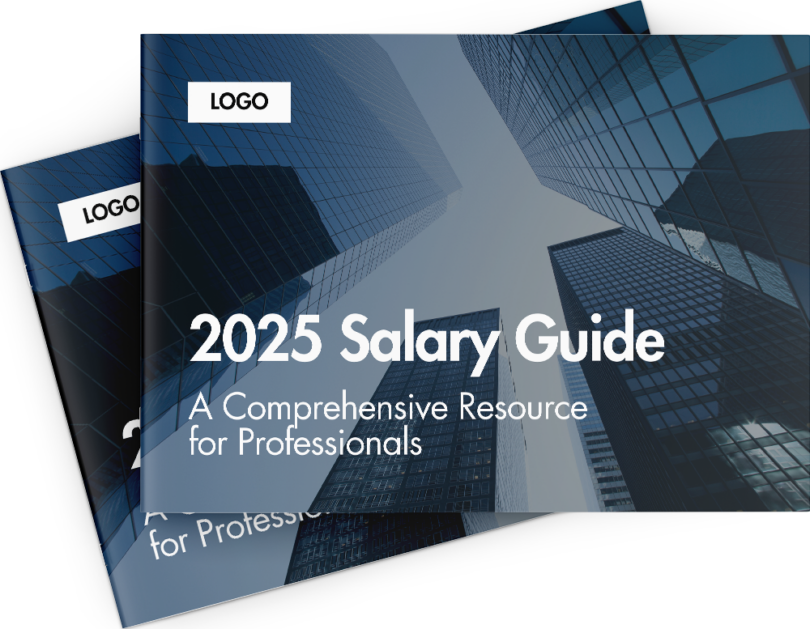
Share Article
Is It Time to Move On?
How to Know When It's the Right Time to Change Jobs
We’ve all had those days—a tough Monday, a change in management, or perhaps just a lingering feeling that you’ve outgrown your current role. It’s natural to experience ups and downs at work, but how do you really know when it’s the right time to move on?
At Appointments Personnel, we’ve seen countless candidates go through the interview process, only to get cold feet at the last minute. Often, they end up leaving their role six months later, wishing they had trusted their instincts sooner. So, let’s explore how to recognize the signs that it might be time to make a change.
1. You’re Consistently Unhappy at Work
We all have bad days, but if you find yourself dreading going to work more often than not, it’s a sign that something deeper is amiss. Whether it’s the work environment, a lack of challenge, or simply not feeling valued, ongoing dissatisfaction can take a toll on your well-being. If you’ve tried to address these issues without success, it might be time to consider a new opportunity.
2. You’ve Outgrown Your Role
Over time, your skills and ambitions may evolve beyond what your current role can offer. If you’re no longer feeling challenged or if your career development has stalled, it’s a clear sign that you’ve outgrown your position. When there’s little room for growth or progression within your company, exploring new opportunities could be the key to reigniting your passion and advancing your career.
3. A Change in Management or Company Culture
A new manager or a shift in company culture can significantly impact your job satisfaction. While change can be positive, it can also lead to misalignment between your values and those of the company. If you find that you’re no longer in sync with the direction your workplace is heading, it may be worth considering whether a different environment would be a better fit for you.
4. You’re Daydreaming About Other Opportunities
Do you find yourself browsing job boards during lunch or imagining what it would be like to work elsewhere? If the thought of a new job excites you more than your current one, it could be a sign that you’re ready for a change. Sometimes, your subconscious knows it’s time to move on before you do.
5. Your Work-Life Balance Is Suffering
If your job is consistently demanding more than you can give, and it’s impacting your personal life, it’s important to reassess. A healthy work-life balance is crucial for long-term happiness and productivity. If your current role is no longer compatible with your life outside of work, it may be time to explore other options.
6. You’re Experiencing Physical or Mental Burnout
Chronic stress and burnout are serious issues that can affect both your health and your performance at work. If you’re constantly exhausted, anxious, or struggling to cope, it’s essential to take these feelings seriously. Sometimes, the best solution is to step away from the source of your stress and find a role that offers a healthier environment.
Overcoming Cold Feet
Even when the signs are clear, it’s natural to feel apprehensive about making a big change. Fear of the unknown or concern about making the wrong choice can hold you back. However, staying in a role that no longer serves you can lead to regret and missed opportunities.
If you’re contemplating a move but feeling uncertain, try to focus on the long-term benefits rather than short-term fears. Remember that your career is a journey, and sometimes taking a step into the unknown is exactly what you need to grow and thrive.
Final Thoughts
Recognising the right time to move on from your job is a deeply personal decision, but it’s important to listen to your instincts and take proactive steps when you’re no longer satisfied. If you’ve been feeling the urge to explore new opportunities, don’t let fear hold you back. The right role is out there, waiting to align with your skills, values, and aspirations.
At Appointments Personnel, we’re here to support you every step of the way, ensuring that your next move is the right one for your career.










